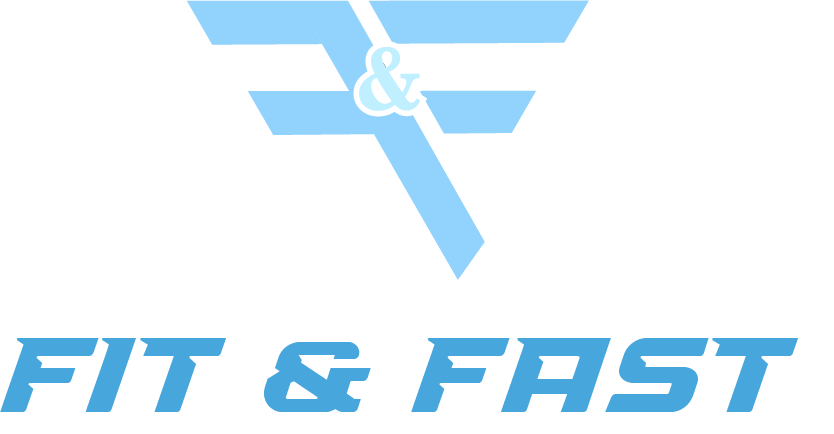These Points Consider before going to the gym?
Health and Medical Considerations: Check with your doctor: If you have any pre-existing medical conditions or health concerns, it’s a good idea to consult your healthcare provider before starting a new exercise routine.Injuries: If you’re recovering from an injury, make sure you’re cleared for exercise by a medical professional and follow any specific recommendations they provide.Medications: Some medications may affect your ability to exercise or have specific requirements regarding physical activity. Consult your doctor or pharmacist if you’re unsure.
Fitness Goals: Determine your goals: Are you looking to build muscle, lose weight, improve cardiovascular fitness, or enhance athletic performance? Your goals will influence the type of exercises you do and the intensity of your workouts.
Exercise Routine: Plan your workout: Decide on the type of exercises you’ll be doing, whether it’s strength training, cardio, flexibility, or a combination. This will help you structure your time at the gym effectively.Warm-up: Always start with a proper warm-up to prepare your muscles and joints for exercise. This can help prevent injuries.
Nutrition and Hydration: Pre-workout nutrition: Depending on the timing of your workout, you may want to consume a light, balanced meal or snack to provide energy for your session.Hydration: Ensure you’re well-hydrated before and during your workout to maintain performance and prevent dehydration.
Clothing and Gear: Proper attire: Wear comfortable and appropriate workout clothing and footwear that allows for ease of movement and support.Accessories: Depending on your workout, you might need items like a water bottle, towel, lifting gloves, or resistance bands.
Gym Schedule and Timing: Peak hours: Consider the busiest times at your gym and try to schedule your workouts during less crowded periods if possible. This can help you avoid waiting for equipment and have a more efficient session.
Workout Plan and Tracking: Have a plan: Know the exercises, sets, reps, and rest periods you intend to do for each workout.Tracking progress: Keep a workout log or use a fitness app to track your progress over time. This can help you stay motivated and make adjustments as needed.
Rest and Recovery: Rest days: Plan for adequate rest days between intense workouts to allow your muscles to recover and reduce the risk of overtraining.Sleep: Ensure you’re getting enough quality sleep, as it plays a crucial role in recovery and overall fitness.
Mindset and Motivation: Mental readiness: Approach your workout with a positive mindset and motivation. Visualize your goals and focus on the benefits of exercise.
Remember that everyone’s needs and considerations are unique. It’s essential to listen to your body, start gradually, and make adjustments as you progress on your fitness journey.

